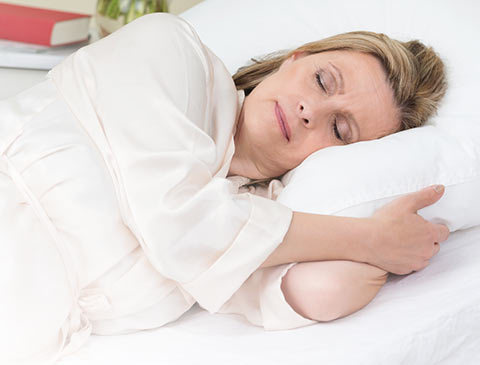Therapy Of Grief, Anxiety And Work
Insomnia is really a sleep issue where folks are unable to get to sleep or stay asleep. Most Australians experience insomnia at some stage in their lives, contributing to 10 percent folks have no less than mild insomnia at any given time. It’s more common in females and older people.

Insomnia may include:
difficulty going to sleep
getting out of bed during the night and having trouble returning to sleep
awakening to soon
Sometimes people experience all three.
Many people experience insomnia for any short time, for instance when they’re worried or stressed. But may insomnia is chronic (called chronic insomnia disorder), meaning people have trouble falling or staying asleep for at least A couple of months, as well as being impaired during the day.
What are signs of insomnia?
People experience insomnia differently. A few of the symptoms of insomnia are:
having problems sleeping
waking a good deal when asleep
getting out of bed to soon and being unable to get back to sleep
not feeling refreshed whenever you awaken
Insomnia can bring about the next symptoms during the day:
tension headaches
feeling tired or just being too sleepy to complete normal activities
difficulty in remembering things and concentration
fretting about sleeping
feeling irritable or moody
being hyperactive, aggressive or impulsive
losing interest in doing things
reduced energy and motivation
feeling sleepy when sitting quietly
What can cause insomnia?
Sometimes there isn’t any underlying cause of insomnia. This is called primary insomnia.
Sometimes there’s an underlying cause for instance a our health and wellbeing condition, anxiety, depression or sleep disorder. This is what’s called secondary insomnia.
Insomnia may be made worse by:
poor sleep habits (sleep hygiene)
substances including caffeine, nicotine, alcohol, amphetamines and several prescription medicines
stress, a result of work or financial problems, relationship issues or grief
health concerns, particularly conditions causing pain, hormone changes (e.g. hot flushes and sweating at night during menopause), and breathing, urinary or flatulence
mental medical problems – insomnia is usually a manifestation of anxiety, depression and other disorders
sleep problems, including obstructive sleep apnoea, circadian rhythm disorders due to irregular sleep patterns, restless legs syndrome and periodic limb movement
life stage – older people may have insomnia
shift work – those who work different shifts often do not sleep and also people that work set hours in daytime
When must i see my doctor?
It’s a good idea to visit your doctor if you are experiencing difficulty sleeping otherwise you are having difficulty with your mood, feeling restless in bed, snoring badly or getting out of bed not feeling refreshed. Keeping a sleep diary is a good way to track symptoms, that you can give your health professional.
We apply CBT-I to solve your insomnia problems quickly. Do you feel tired on account of insomnia? Do you dread gonna work? Sometimes you may feel anxious with your relationships? Get a life back in 6 sessions, and without chemistry. We welcome you online, from the convenience of your cocoon, including on weekends on your outings. CBT-I (CBT-I), Cognitive-Behavioral Therapy for Insomnia, can be an advanced scientific method with demonstrated effectiveness in a large population.
State-licensed psychologist (France), university degree in neuropsychology, certified hypnotist (France), Ecole Normale Superieure d’Ulm graduate, Columbia University visiting student.
For additional information about anxiety have a look at the best site

Leave a Reply
You must be logged in to post a comment.